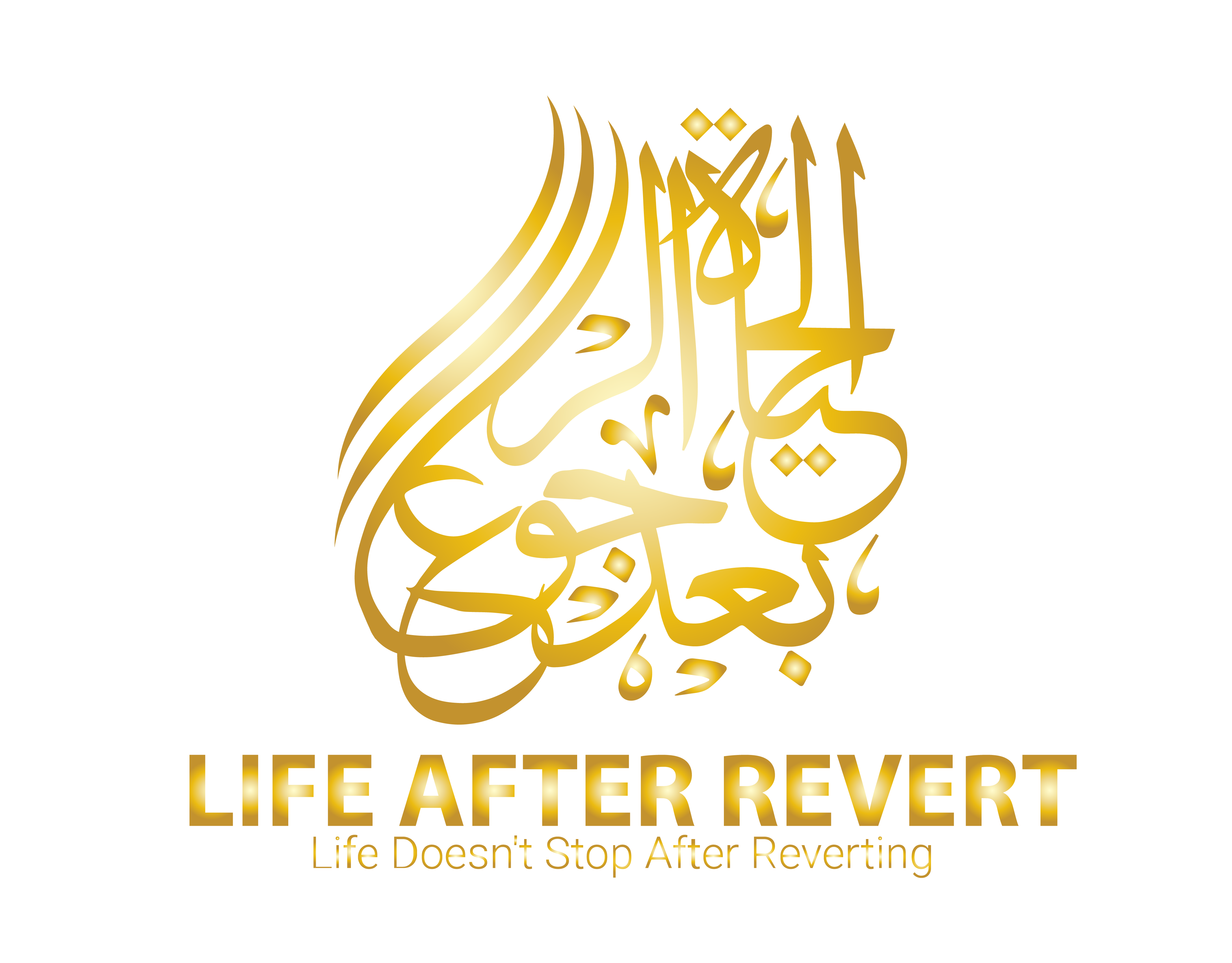Blog
Exploring the Rise of Muslim Reverts: Motives and Trends
- April 21, 2024
- Posted by: Revert 1
- Category: Why Islam
In recent years, there has been a noticeable increase in the number of individuals choosing to revert to Islam, sparking curiosity and inquiry into the motivations behind this trend. While the reasons for embracing Islam vary widely among individuals, several common themes emerge as key drivers. Understanding these motives sheds light on the diverse range of experiences and backgrounds of those who choose to embark on this spiritual journey.
One significant factor contributing to the growing number of Muslim reverts is the increasing accessibility of information about Islam. In today’s digital age, prospective converts have easy access to a wealth of resources, including online articles, videos, and social media platforms, where they can learn about the teachings and principles of Islam. This accessibility has empowered individuals from diverse cultural and religious backgrounds to explore Islam on their terms, leading many to embrace the faith after gaining a deeper understanding of its tenets.
Among the top motives driving individuals to revert to Islam is the quest for spiritual fulfillment and meaning in their lives. In a fast-paced world filled with materialism and uncertainty, many people find solace and purpose in the spiritual guidance offered by Islam. The emphasis on prayer, charity, and self-discipline resonates with individuals seeking a deeper connection with the divine and a sense of inner peace.
Another compelling reason for reverting to Islam is the profound impact of personal relationships and interactions with Muslim communities. For many reverts, exposure to the warmth, hospitality, and inclusivity of Muslim communities plays a pivotal role in their decision to embrace Islam. Through engaging with practicing Muslims and witnessing the embodiment of Islamic values in their daily lives, individuals often find a sense of belonging and camaraderie that draws them closer to the faith.
Moreover, the ethical and moral framework espoused by Islam serves as a guiding light for many reverts seeking a principled way of life. The emphasis on justice, compassion, and social responsibility resonates deeply with individuals who are passionate about making positive contributions to society and effecting meaningful change. Islam’s emphasis on equality, tolerance, and respect for diversity also appeals to those who value inclusivity and social harmony.
Additionally, some reverts are drawn to Islam by the beauty and simplicity of its rituals and practices. From the rhythmic recitation of the Quran to the communal experience of fasting during Ramadan, Islamic rituals provide a sense of structure, purpose, and continuity in the lives of believers. The rich tapestry of Islamic culture and traditions further enriches the spiritual journey of reverts, offering a vibrant mosaic of customs, celebrations, and expressions of faith.
These reverts come from diverse backgrounds, encompassing a wide spectrum of ages, nationalities, and ethnicities. They may be individuals who have grown up in non-Muslim families or have previously adhered to other religious beliefs. Some reverts are drawn to Islam through personal reflection and introspection, while others are inspired by the example of influential figures or mentors who have guided them on their spiritual path. Regardless of their backgrounds, these reverts share a common bond in their newfound faith and a commitment to living according to the principles and teachings of Islam.
In conclusion, the rise of Muslim reverts reflects a multifaceted phenomenon shaped by a myriad of factors, including increased access to information, spiritual seeking, community engagement, ethical considerations, and the allure of Islamic rituals and traditions. By exploring the diverse motives driving individuals to embrace Islam, we gain insight into the rich tapestry of experiences and perspectives that contribute to the vibrant and dynamic landscape of the Muslim ummah. As the journey of reverts unfolds, it serves as a testament to the universal appeal and enduring relevance of Islam in today’s world.
